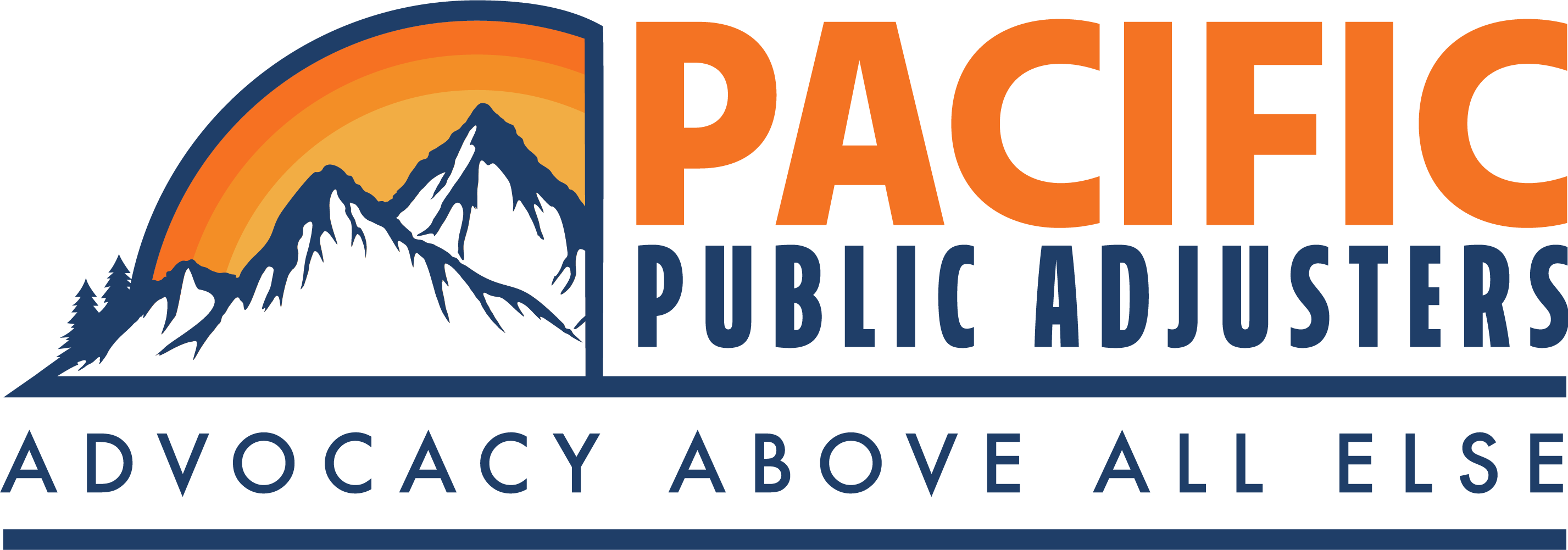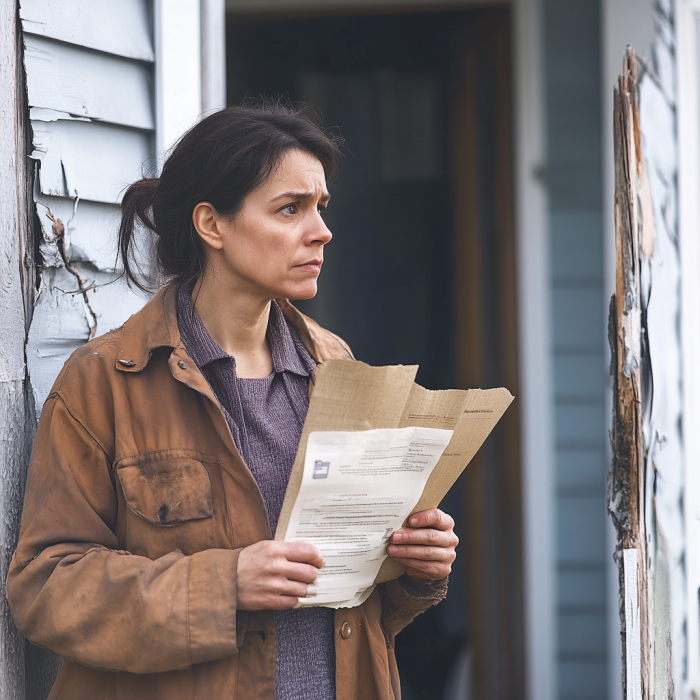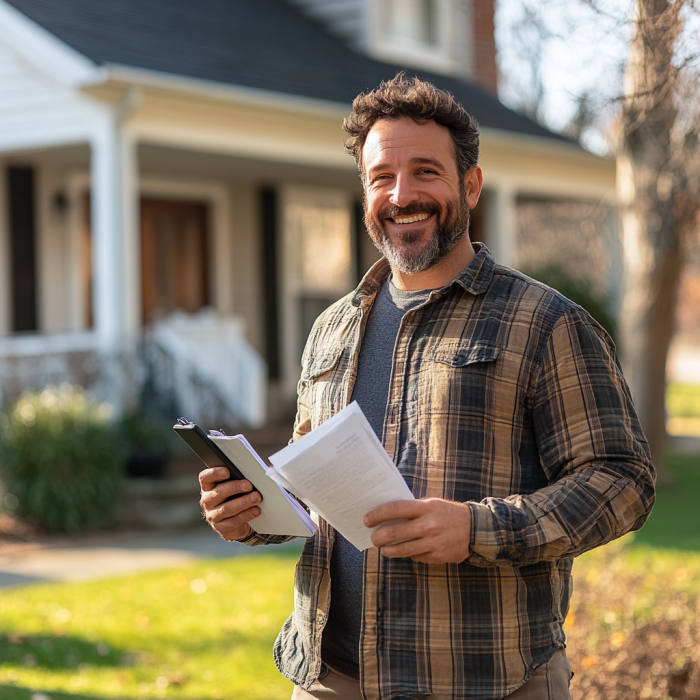When navigating the insurance claims process, interactions with your insurance adjuster can significantly impact the outcome of your claim. It’s crucial to communicate effectively, but just as important is knowing what not to say. Missteps in conversation can lead to misunderstandings or even jeopardize your claim. At Pacific Public Adjusters, we aim to equip policyholders with the knowledge they need to protect their interests when dealing with insurance adjusters. Understanding the pitfalls of communication can help you present your case more effectively.
Common Misstatements to Avoid
One of the most significant mistakes policyholders make is admitting fault or apologizing during conversations with an adjuster. Even if you feel partially responsible for an incident, it’s crucial to refrain from making statements that could be interpreted as an admission of guilt. Such comments can lead to the adjuster using this information against you, potentially reducing the amount of compensation you receive. For example, phrases like “I’m sorry this happened” or “I should have been more careful” may be viewed as acceptance of liability.
Additionally, avoid discussing your past claims history or mentioning any financial hardships you may be experiencing. Sharing personal details about your financial situation can lead to assumptions about your claim’s validity. An adjuster might argue that you are more desperate for a payout, influencing their evaluation. It’s best to keep the conversation focused on the specifics of the current claim, providing factual information without extraneous context that could be misconstrued.
Being Cautious with Estimates and Damage Descriptions
Another common pitfall is providing rough estimates regarding the damage or repair costs. While it might seem helpful to give the adjuster a ballpark figure, it can backfire if those estimates turn out to be lower than what you ultimately need. For instance, stating, “I think it will cost about $5,000 to repair this” can lock you into a number that might not cover the full extent of the damages. Instead, focus on detailing the damage accurately and provide documentation from reputable contractors if available.
Avoid describing damage in vague terms. For example, saying “it looks bad” does not convey the specific issues that might affect the claim. Instead, clearly articulate what the damage entails—such as mentioning specific issues like “the roof has missing shingles, and there’s water damage to the ceiling.” Clear and specific descriptions can help the adjuster understand the severity of the situation and lead to a more favorable assessment.
Don’t Rush the Process
In the pressure of dealing with an insurance claim, it’s easy to want to rush through conversations with the adjuster. However, avoid statements that indicate urgency or impatience, such as “I need this resolved quickly” or “Can you just approve it already?” These expressions can signal to the adjuster that you may not be taking the process seriously. It can also lead them to question the validity of your claim or their obligation to conduct a thorough investigation.
Instead, approach the conversation with a mindset of patience and professionalism. Let the adjuster know that you appreciate their help but emphasize your desire for a fair and thorough assessment. Phrasing such as “I want to ensure that everything is handled properly” communicates your commitment to a comprehensive resolution without pushing for speed.
Conclusion
Interacting with an insurance adjuster can be a daunting experience, but knowing what not to say can significantly impact your claim’s outcome. At Pacific Public Adjusters, we advocate for policyholders to communicate clearly and effectively while avoiding common pitfalls that could undermine their claims. If you’re feeling overwhelmed or uncertain about how to handle discussions with an adjuster, reach out to us. Our team is here to help you navigate the claims process with confidence and expertise, ensuring that your rights are protected every step of the way.




